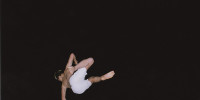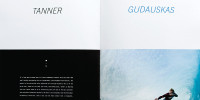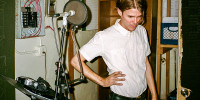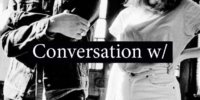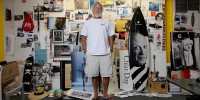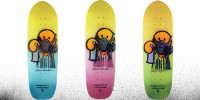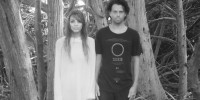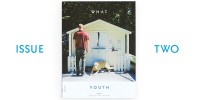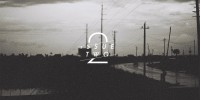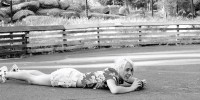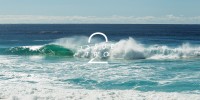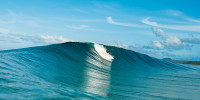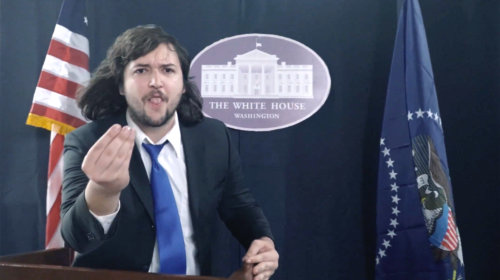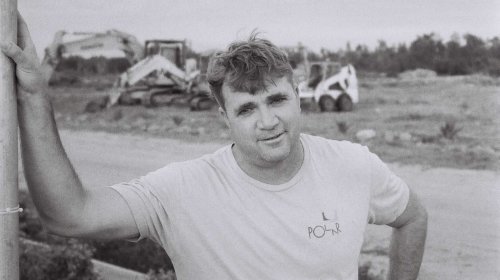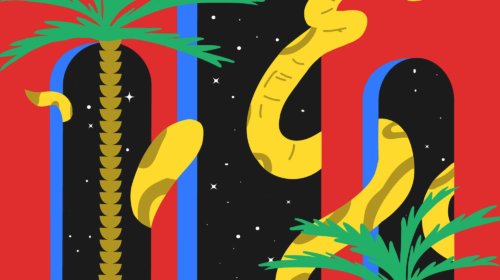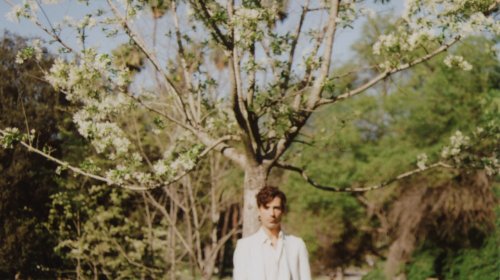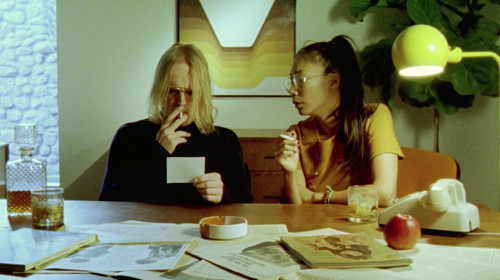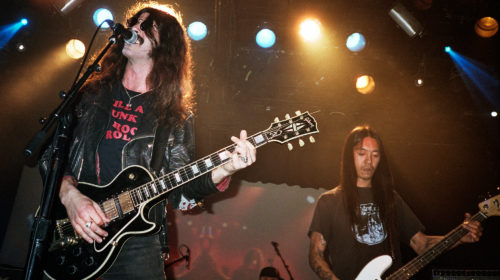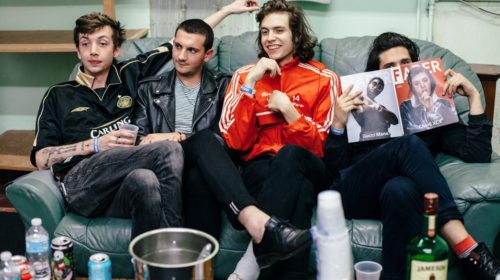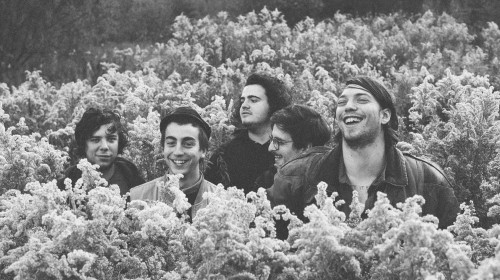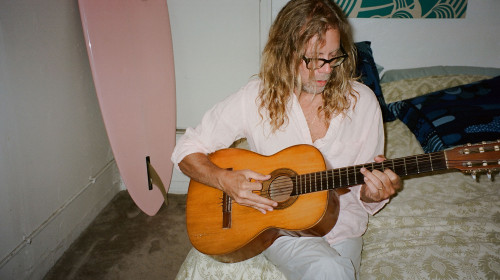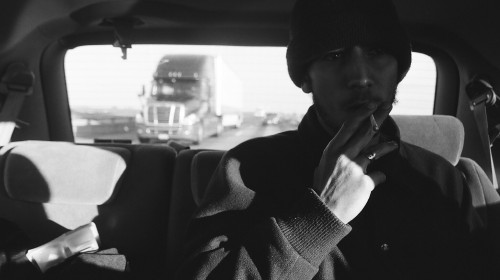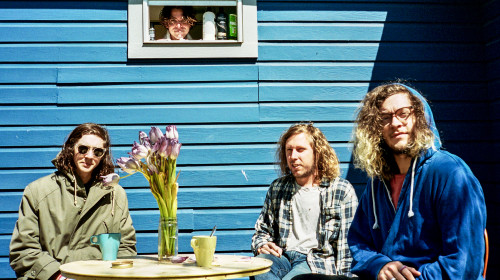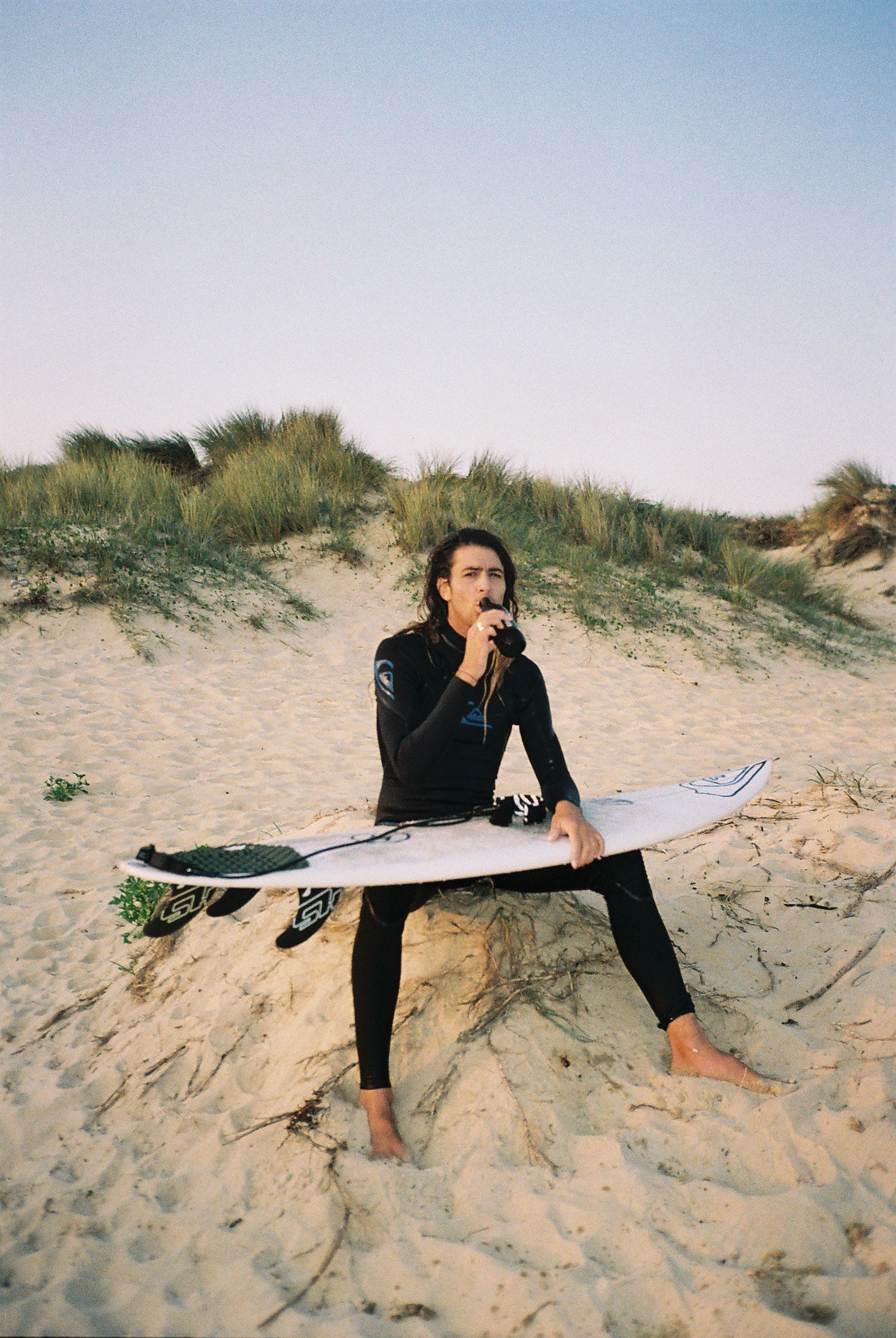Lee Clow is maybe today’s most respected advertising creative, sort of the Michael Jordan of making you want things. He’s also a lifelong surfer and LA native. Lee is 69. One day he let us come over to his house in Rancho Palos Verdes to ask him questions.
What Youth: OK, first could you just say who you are and what you do for work?
LEE CLOW: Well, I’m Lee Clow, I’m an advertising designer for many years. I started with a company called…hey! Sam! Sorry. Do you want this interview clean, without yelling at dogs in it?
No, not at all.
I’m an advertising designer for many years. I started with a company called Chiat\Day, which has kind of grown into a big, giant global advertising company called TBWA Worldwide. We advertise for Apple Computer, Adidas, Absolut Vodka and Nissan. And I grew up in Southern California, surfing, and never left. I’ve been everywhere in the world and I still think it’s the best place on the planet to live.
How’d you first get into surfing here?
I was in junior high and kids were playing baseball and football, and I wasn’t too interested in the team sport deal. And a few of us just started surfing. I’d always loved water and the ocean. We would hitchhike to the beach and keep our boards under somebody’s house who was a lifeguard and lived in Santa Monica, on the beach in Santa Monica.
When was this?
Fifties, ‘60s.
What about it did you find attractive, versus the baseball, the team sport deal?
It just seemed a lot more like what I wanted to do when I either cut classes or got out of school. This was back when surfers were considered to be outsiders, kind of in the same category with the motorcycle guys and the car club guys. They were on their own, doing their own thing. It was a good time to be…you know, this was pre-hippy. The strange people were the beatniks and the surfers and maybe the motorcycle gangs.
And were you mainly surfing in Santa Monica, or around Los Angeles?
We were surfing Malibu and Rincon, and then down south to Windansea and a lot of the other spots, Trestles and…what’s the place that’s now under a Ritz-Carlton?
Salt Creek.
Salt Creek. All of that was still kind of private land, and you had to sneak in, and the Marines used to throw us out of Pendleton and all that kind of stuff. But it was a fun kind of free-spirited lifestyle, you know. It was a station wagon with a mattress in the back so you could sleep at Malibu and wake up to get out in the water early.
So with your work, you said before that being a surfer, and being in Southern California and having this lifestyle here, really impacted your creative work once you got into advertising.
Yeah, so after growing up a free spirit and surfer and all that, I went into this creative business and found that the West Coast of America has this energy for creativity. Something that fuels the creative thinking, whether it’s moviemaking or music or the Internet technologists that have changed our lives. Steve Jobs, whom I was lucky enough to work with for 35 years. Somehow there’s energy to be drawn from how this place works that allows people to be their most creative, their most imaginative.
Culturally, what’s influenced you here? What outside of surfing or the ocean was stimulating?
Well, OK, here’s a parallel. Walt Disney was one of my early heroes. Here is this guy…he’s just an animator who drew a mouse, and all of a sudden, because of his creative passion and intuition, he parlayed that into a whole kind of life-changing experiential brand that introduced kids to fantasy. So I was just really admiring of this. There were other Hollywood film moguls and stuff, but somehow Walt Disney, because he came from animation and I could draw, there was that.
Then at the same time, Hobie Alter, who was a surfboard maker when I was growing up, invents the Hobie Cat, this boat that makes him into a corporation. And I remember reading and seeing Hobie Alter, who is now a public company worth X-million dollars, he went to board meetings in shorts and thongs. I said, “That is my ideal.”
Do you wear shorts to work now?
I never wear long pants in summer at the office. And it’s expected — even when clients come in from Germany or France or other parts of the world, they’re almost disappointed if I come in with regular pants on because it’s part of our gestalt. And we have dogs in the office, and everyone wears shorts in a meeting unless it’s with some lame client that wants them to wear a suit, but most people don’t.
Another thing you’ve talked about is how your work is really ideas more than anything else. Can you talk a little bit about that, about being an architect of ideas? First a graphic artist who had skill with a pencil, but how that transformed into the work you’ve done for the last 40 years?
You know, I started not knowing exactly what you would do with my artistic skill. I was always studying art and design and at some point I discovered advertising, which was taking your art skills but combining it with ideas.
But somehow I had to teach myself a lot of what advertising was about. I couldn’t afford to go to Art Center. I went to Long Beach State for a few semesters but I didn’t graduate, still probably because I was surfing a little too much. I started collecting advertising annuals, and when I started studying from those annuals, and realized how smart and interesting and funny, how neat the actual ideas were and how messages worked, the storytelling of making a film, the idea for a smart set of words along with a picture to make a powerful poster or billboard — the idea part is the thing that really hooked me. If you can do it smart and powerful, you’re not just selling cigarettes or soda pop to people. You can do something a little more worthwhile. I’ll tell you a whole tangential story that will waste a bunch of memory on your memory chip.
[He does.]
Anyway, that’s my crazy hypothesis about good advertising.
Now what are some of the big ideas or campaigns that you’ve been involved with, or been responsible for? Like, ones people would be familiar with.
Well, the most relevant and most important thing — and nobody has been lucky enough to have the same experience — is to be part of Steve Jobs’ adventure. He was 25 years old at the time I met him, and he thought technology was going to change all of our lives. When he was 25. He just believed it. He admired Akio Morita at Sony, because Sony invented the Walkman. That’s what he wanted to do. He wanted to invent stuff that changed people’s lives, and he loved advertising. He and I ended up having a pretty neat relationship for all the time he was at Apple.
So I was part of introducing the world to these products that have changed everything — changed the way you live your life, changed the way you find a place to eat, changed the way you find out when your dog is sick and what you should do.
What’s a regular day like for you these days, both with work and non-work stuff? Are you still fully involved at the agency?
Now I get up in the morning and I’m lucky enough to watch the sunrise. And I’ve got three dogs and my wife and we sit and have coffee and some days I go to the office. For a while it was just once a week. Now it’s sometimes twice a week. But I go in at 10 and I only work with the young creative people. I try not to have to spend time with the clients very much, but help mentor, coach, and keep the young creatives passionate and focused.
Then I usually take a group of creative people to lunch, and have lunch and a couple of glasses of wine and say, “Well, you guys go back to work, I’m going home.” So most of the time I’ve got a pretty mellow schedule.
And you still like all of that? Do you want to keep at it a while longer?
I think the idea of not working at all wouldn’t appeal to me, partly because I just love being around young, smart people. Helping nurture ideas, helping sell ideas. And the alternative would be staying home and hanging out with people my age, which sounds like a real drag. So I’ll keep doing stuff as long as the young people think I help them use their minds, and it helps them learn more about being creative.
[Lee’s wife of 43 years, Ilene, comes out from the house.]
Hi. Lee’s telling me stories. Answering questions.
He’s grilling me and I’m answering questions.
Ilene: He’s grilling you? Found out anything good?
Yes, lots of good stuff. I got to hear how Doyle Dane Bernbach prevented World War III.
Yeah, Doyle Dane Bernbach. Remember my story about Volkswagen?
Ilene: Oh, yes. Are you in advertising?
No, but I’m pretty interested by it.
Ilene: Where do you work?
I work for a magazine. We started a magazine about six months ago. I’m interviewing your husband for our second issue.
So his magazine is kind of celebrating the good energy of Southern California, and we’re talking about the creative energy that is part of living and growing up here.
The grilling is over though. We’ve got lots of stuff.
You’ve got more stuff than you can use, yeah. But I do believe the creative energy of this part of the world is unique and special. Here, let me show you some pictures up on my computer.

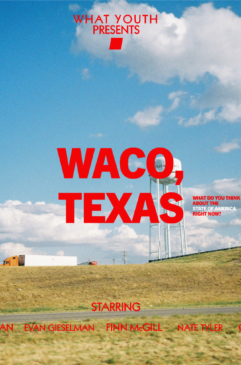
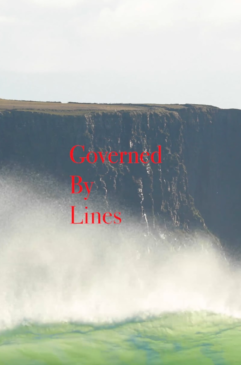
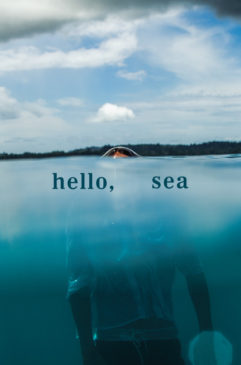
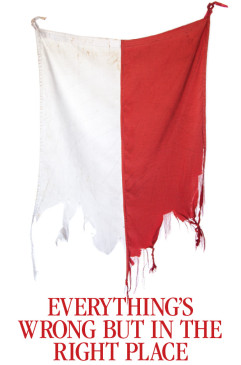
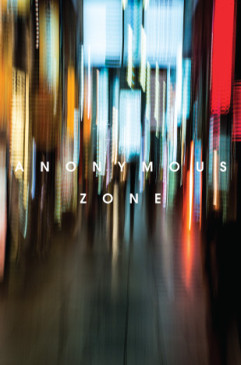
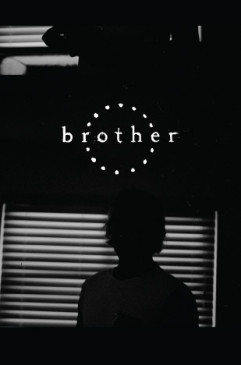
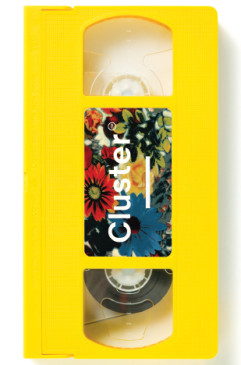
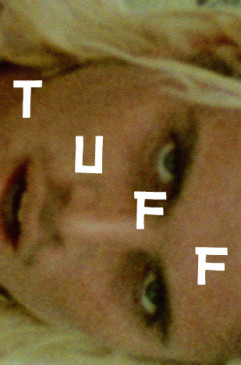
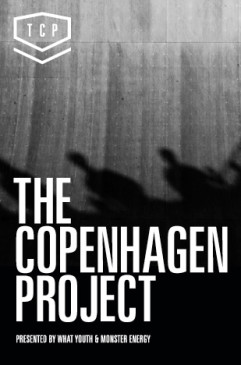
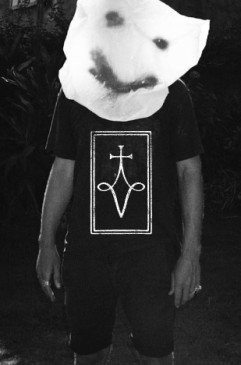
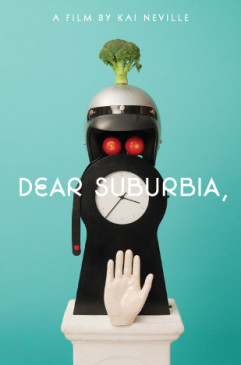
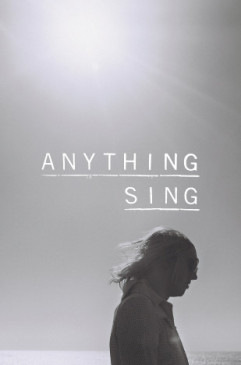


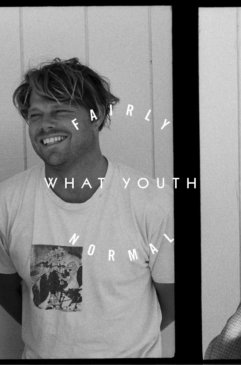
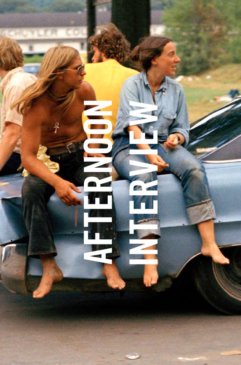
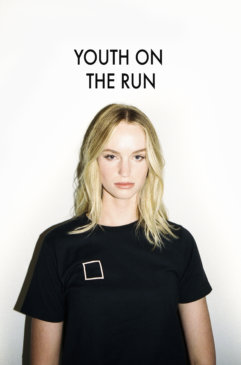
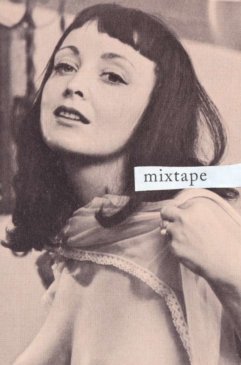
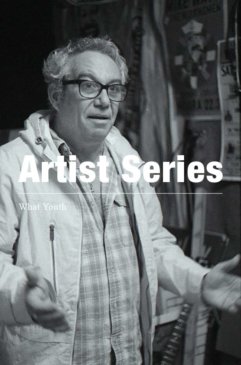
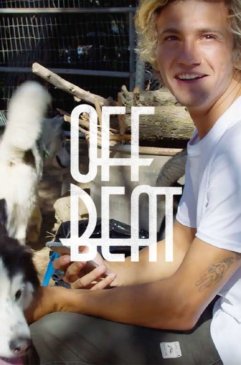
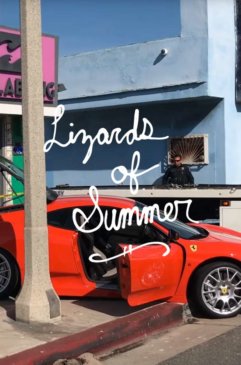
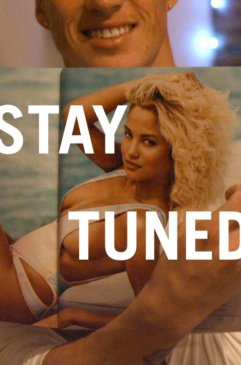
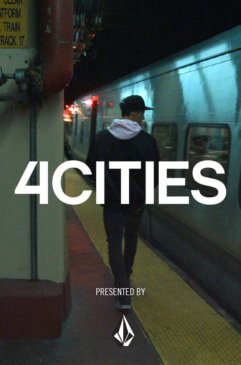
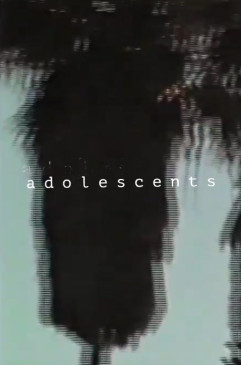
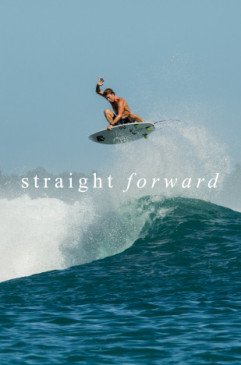
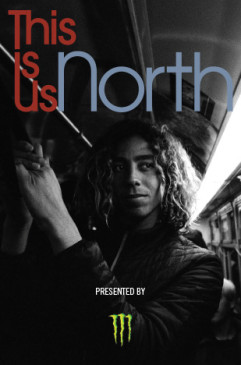
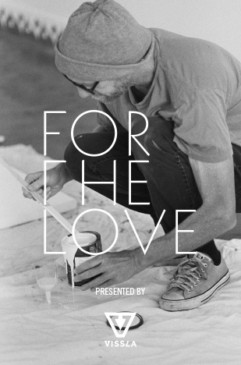
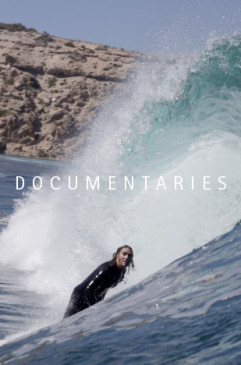
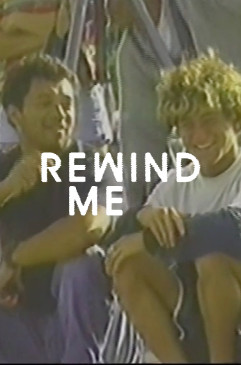
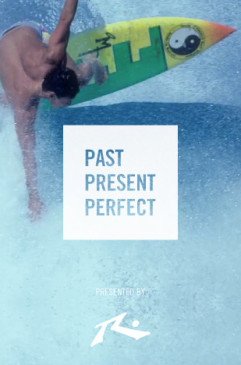
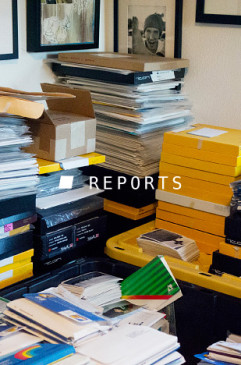
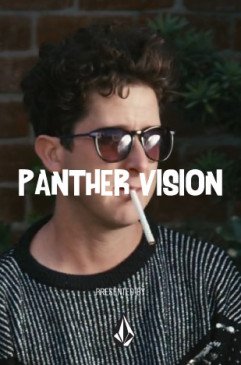
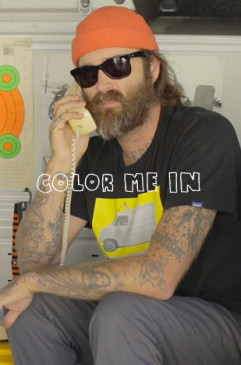
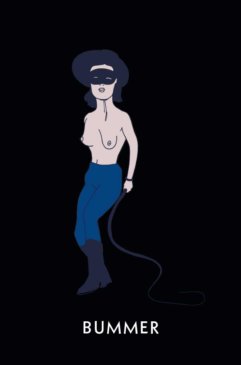
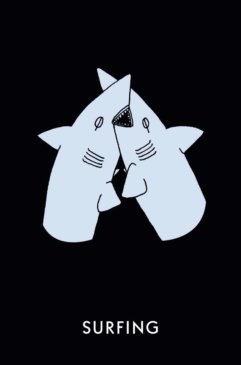
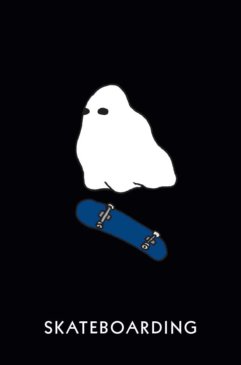
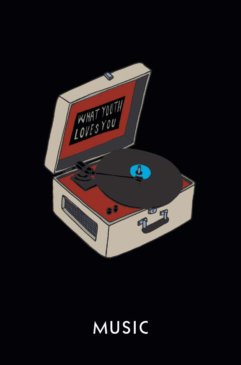
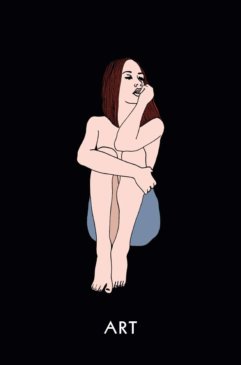
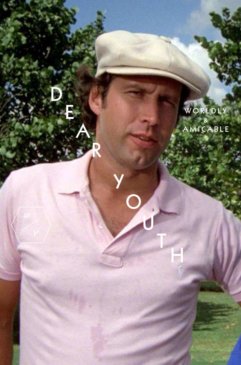
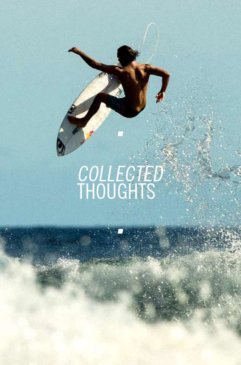


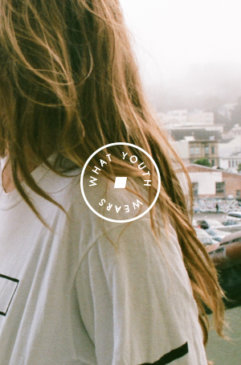

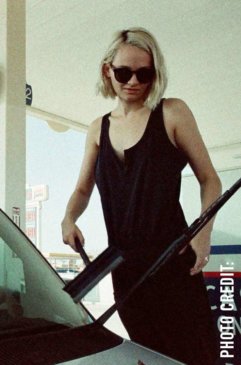


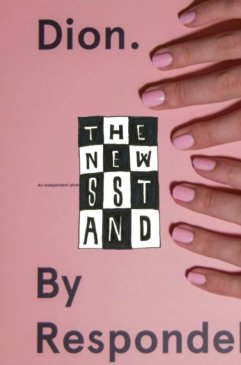
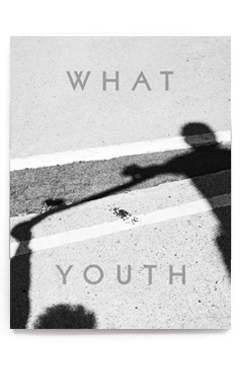
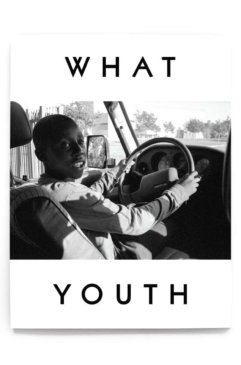
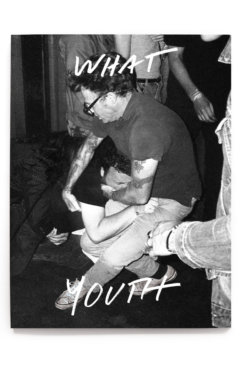
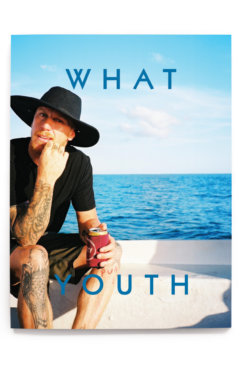
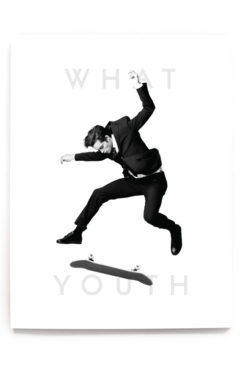
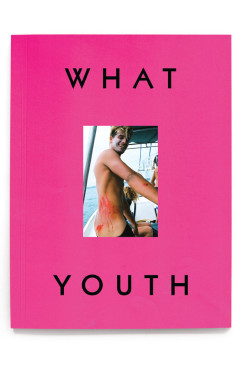
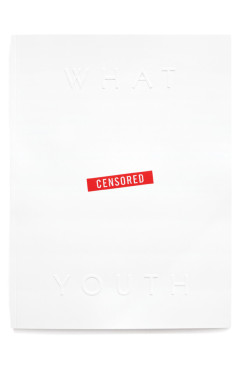
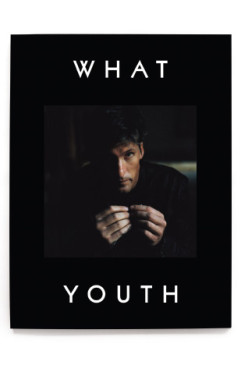
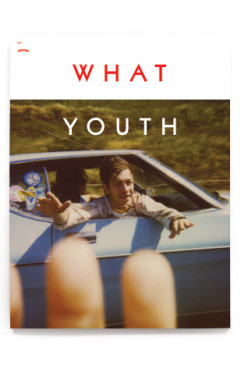
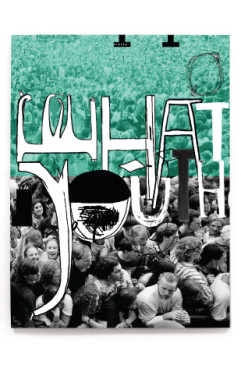
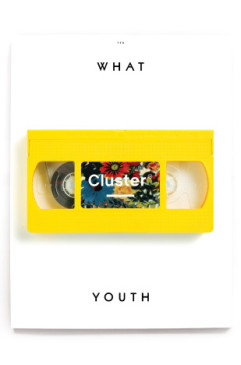
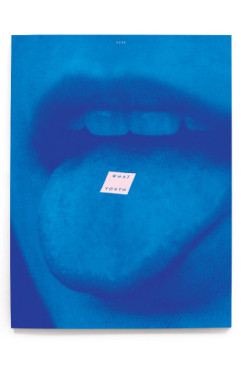
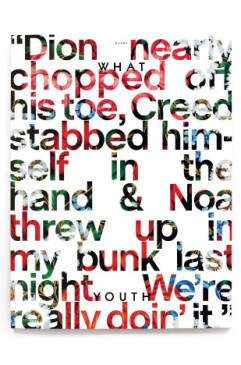
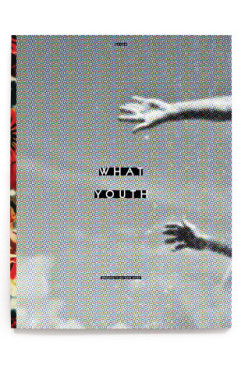
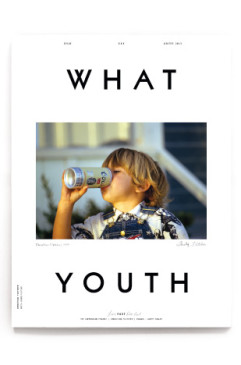
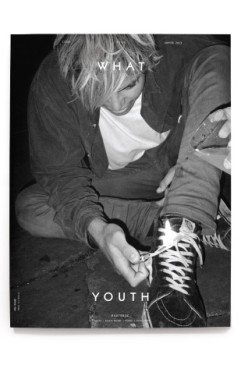
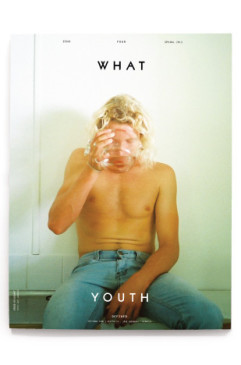
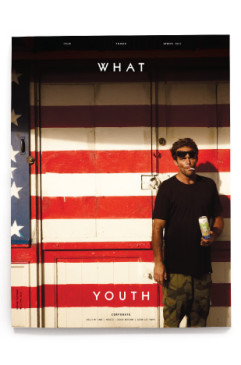
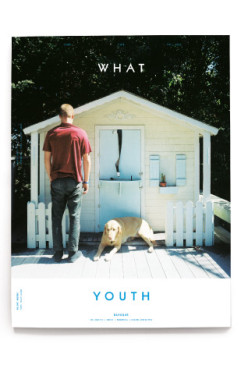
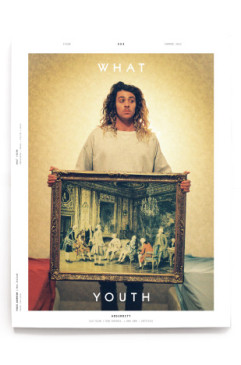
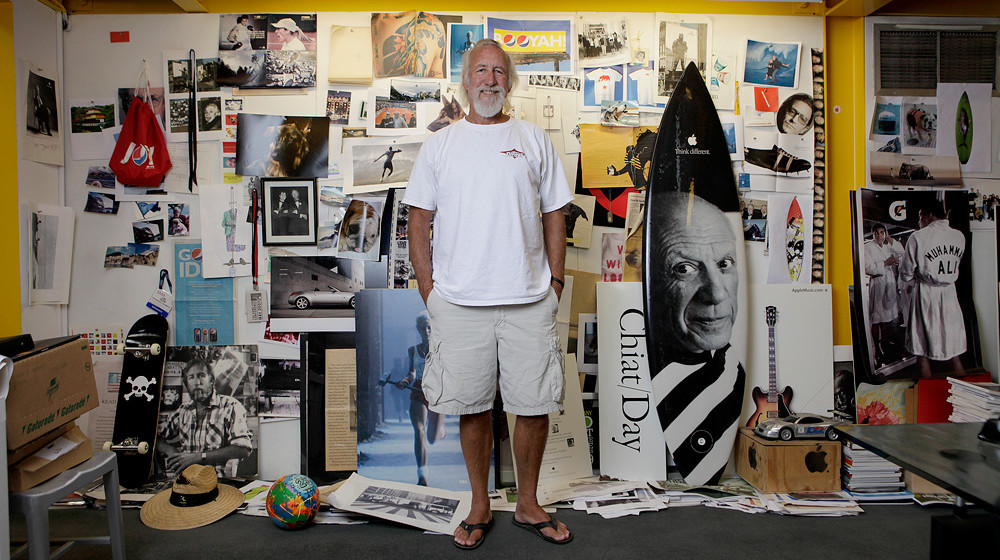
 NXT
NXT 
